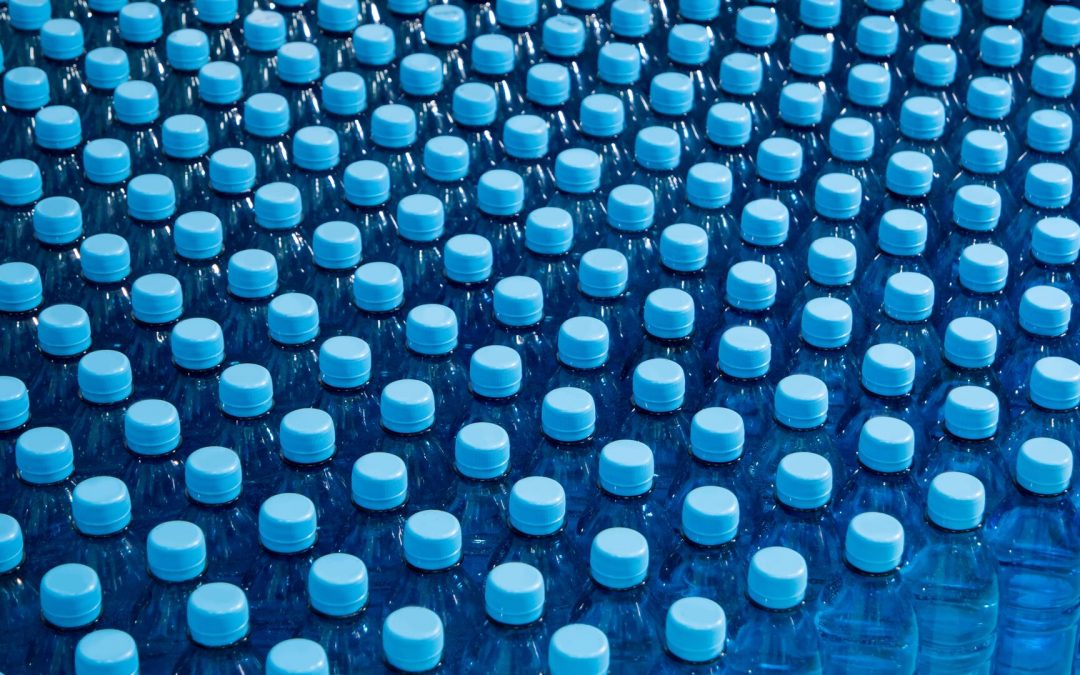Glass is better than plastic, right?
The awareness of the pollution and contamination to our waterways, and oceans of plastic is not one we can avoid, we must therefore look at alternatives and one choice that seems logical would be that glass. In fact, “Glass bottles could be worse for the environment than plastic, Coca Cola warns” (1).
The decision to buy plastic or glass bottles or even water in a can, isn’t as clear cut as it may seem. This is due to the factors that are involved in the whole process, these include material sourcing, manufacturing, transportation, weight, recycling & reuse and end of life disposal. The only option for sustainable and great-tasting water is to use LUQEL’s Water Station that sources all its water from your tap water.
To understand the impact on the environment from the alternatives we need to understand the carbon footprint of the options. Carbon (CO2) footprint is the amount of carbon dioxide released into the atmosphere as a result of the activities of a particular individual, organisation, product or community as defined by the Oxford English dictionary. It is measured by estimating the CO2 emissions that the activity causes, any emissions of other greenhouse gases (methane and nitrous oxide) and in some cases other types of climate impacts as well, such as vapour trails from aeroplanes from transportation. As many of these activities are estimated, results can vary depending on the reporting group.
Calculate the Carbon Footprint
To manufacture 450grams of PET (polyethylene terephthalate) plastic can produce up to 1.36kg of carbon dioxide. The PET then needs to be manufactured, processed, transported which contribute significantly. A 500ml plastic bottle of water has a total carbon footprint equal to on average 82.8grams of CO2 (2). Using the same size comparison this is the average for each material:
|
500 ml |
Single use
|
Glass bottle – single use |
Glass bottle – refill |
Aluminium can 330ml |
| Average Co2 | 82.9g | 107.7g | 8g | 113.4g |
The UK generates as a country approx. 5 million tonnes of plastic waste each year, including 7.7 billion “single-use” plastic bottles per year. With only 45% of those making it to be recycled, of that 45% only 9% is used for making new plastic bottles. A proposed Deposit Return Scheme (DRS) has been discussed for England, Wales, and Northern Ireland from 2023, but Scotland will start on 1st July 2022. This will make it easier for everyone to recycle their used bottles and cans, including all drinks sold in PET plastic, metal and glass, but at the moment we have to assume that the figures for recycling are as low as estimated.
FACTORS IN YOUR PURCHASING DECISION
Additional considerations when looking at the impact of each material also include
Transportation – moving of the materials from production, to bottling locations, to sourcing the water location, to the warehouse distribution or supermarket warehouse and then to their stores, finally to the consumer.
Weight – a glass bottle is 40 times heavier (based on 500ml bottles) than a plastic bottle, which impacts shipping costs, vehicle wear and tear, fuel costs and increase in emissions.
Disposal – irrespective of where your bottle or can is “left” – landfill, recycling, the countryside, or waterways they all have an impact on pollution and contamination, or the time it takes to decompose. Non more polluting than plastic.



The UK is getting better on recycling but the impact from cradle to grave is still a risk to the environment and further contamination to our environment. If you don’t like the taste of tap water then the solution if to dispense your individual mineralised water from the LUQEL Water Station.
| Possible Contaminants | Microplastics | Glass | Alumnium metal shards |
| Time to decompose | 450+ years, longer in a landfill | 1 million years | 200-500 years |
| How many times to recycle | Must be downcycled | Endlessly | Endlessly |
| Challenges |
|
|
|
| Opportunities |
|
|

LUQEL
LUQEL is a pioneer in water technology, its’ mission is to radically change the way people drink water to make a lasting difference. Visionary innovations make plastic superfluous. With our perfect purification process, individual mineralisation, ‘smart’ bottles and the digitalised eco-system, our products turn tap water into a whole new level of water enjoyment, “Water as individual as you are”.

